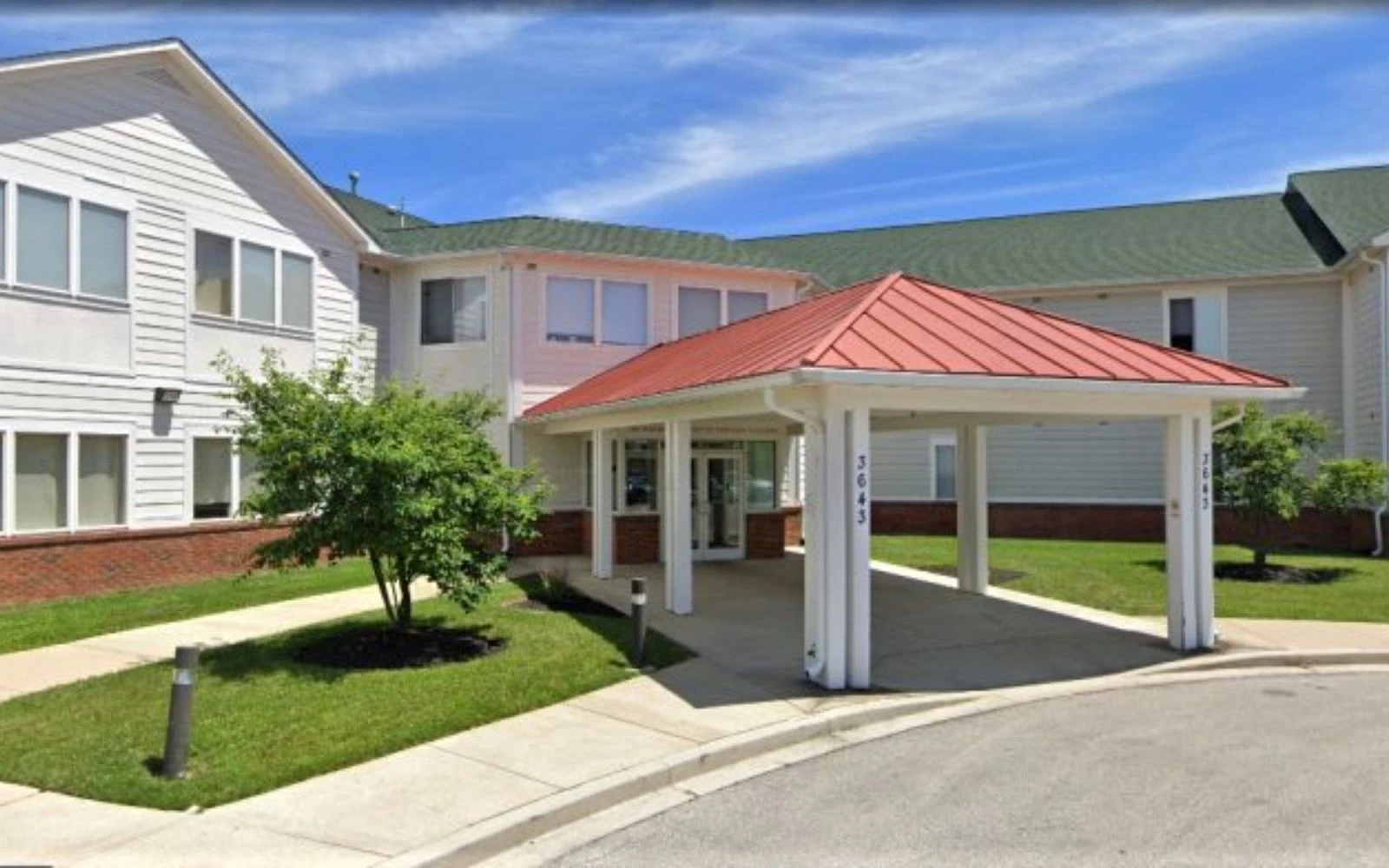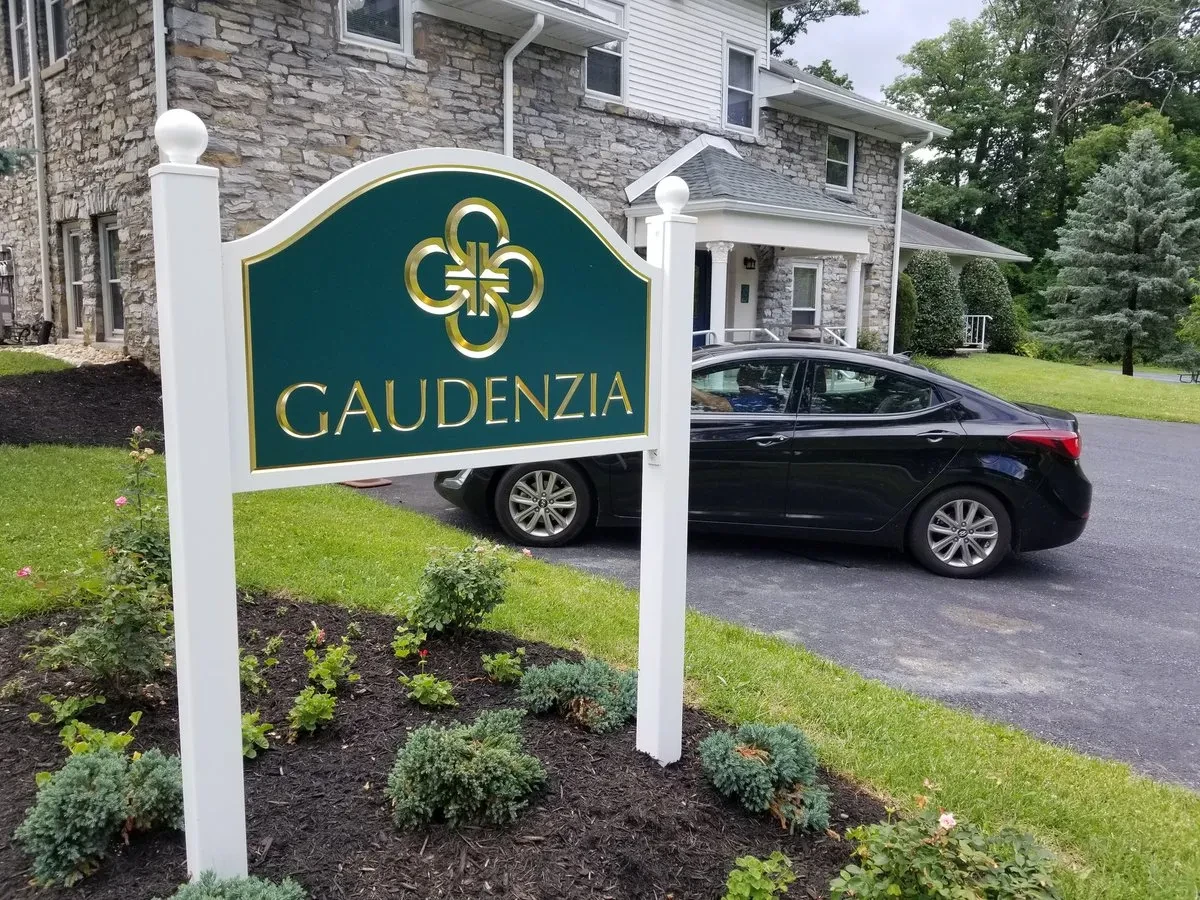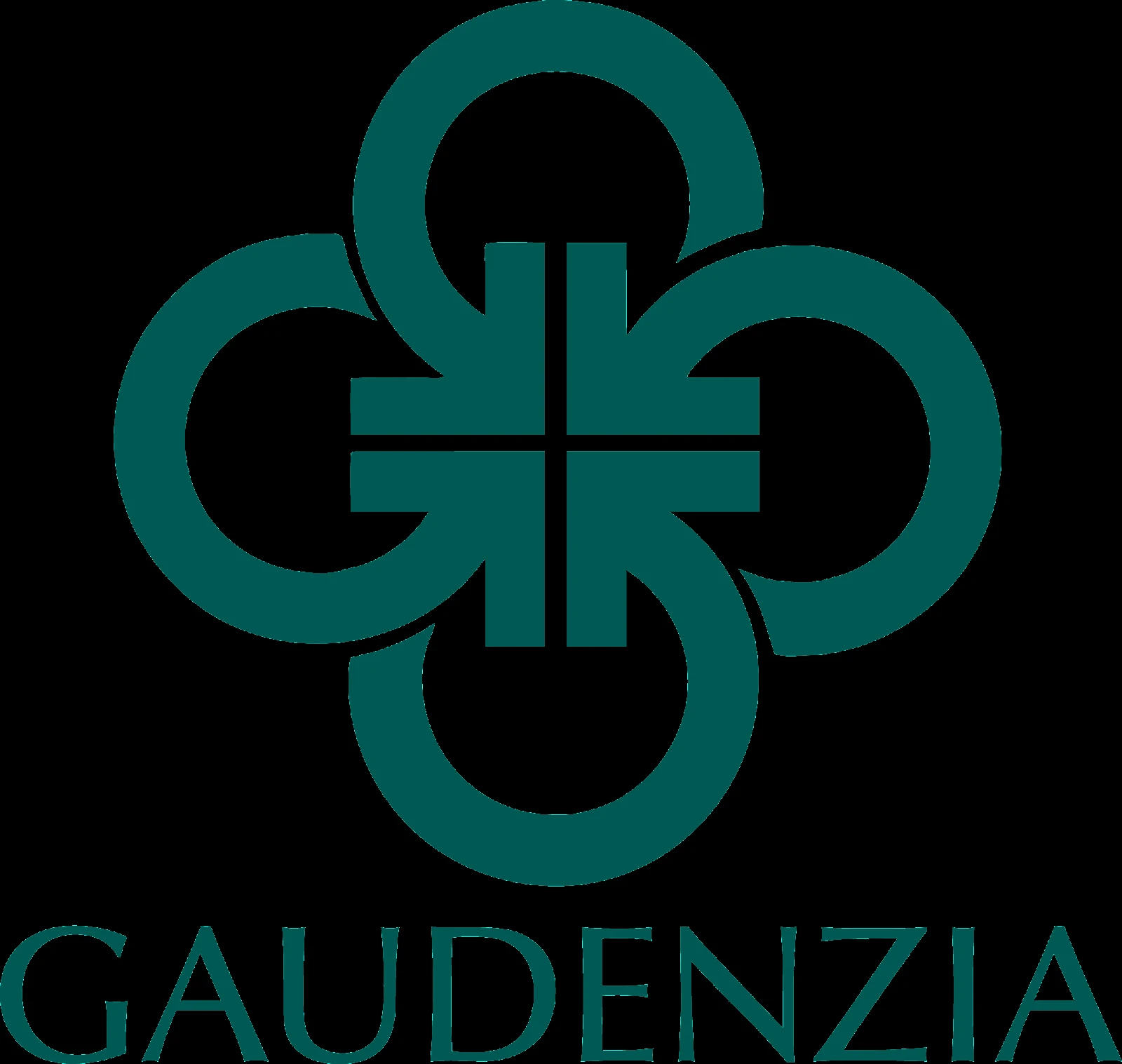The halfway house in Ashland, Pennsylvania, is operated by Gaudenzia, a well-established organization with a variety of locations. The facility is specifically designed for women, expectant women, and women with children. This facility offers a structured and supportive environment that is designed to assist women in their transition back into the community while they continue their recovery journey.
Various evidence-based treatment modalities are implemented, such as group therapy and individual therapy, which emphasize the development of coping strategies, peer support, and personal rehabilitation.
Gaudenzia is accredited by the Commission on Accreditation of Rehabilitation Facilities (CARF), a testament to its dedication to upholding the highest standards of service delivery, integrity, and care. This accreditation guarantees that clients receive personalized, high-quality care that is tailored to their unique requirements.
Gaudenzia - Fountain Springs Information
Treatment
Who We Treat
- Women Only
- Pregnant/Postpartum Women
- Pregnant Women
Treatment Focus
- Alcohol
- Drug Addiction
- Pregnant Women
- Women only
Approaches
- Individual Treatment
- Personalized Treatment
- Gender-Specific
- Group Therapy
- Cognitive Behavioral Therapy (CBT)
- Dialectical Behavior Therapy (DBT)
- 1-on-1 Counseling
- Life Skills Training
- Relapse Prevention Counseling
Conditions We Treat
- Post Traumatic Stress Disorder (PTSD)
- Trauma
- Co-Occurring Disorders
Substances We Treat
- Alcohol
- Benzodiazepines
- Heroin
- Cocaine
- Methamphetamine
- MDMA/Ecstasy
- Ecstasy
- Psychedelics
Languages
- English
Aftercare
- Continuing Care
- Support Meetings
Level of Care
- Residential Rehab
- Co-Occurring Mental Health
- Aftercare/Continuing Care
Experience
Personal Amenities
- Private or Shared Rooms
Accreditations
-
Commission on Accreditation of Rehabilitation Facilities (CARF)
CARF accreditation is a prestigious recognition for rehabilitation and human service organizations. It signifies that an organization meets high-quality standards and is committed to providing top-level care. CARF conducts rigorous evaluations to ensure compliance, enhancing an organization's credibility and reassuring clients and funders of exceptional service quality. This accreditation promotes excellence and continual improvement in the rehabilitation and human services field.

Additional Locations
Gaudenzia - Fountain Springs Accepts The Following Insurance Plans
Find the best treatment options. Call our free and confidential helpline today!








